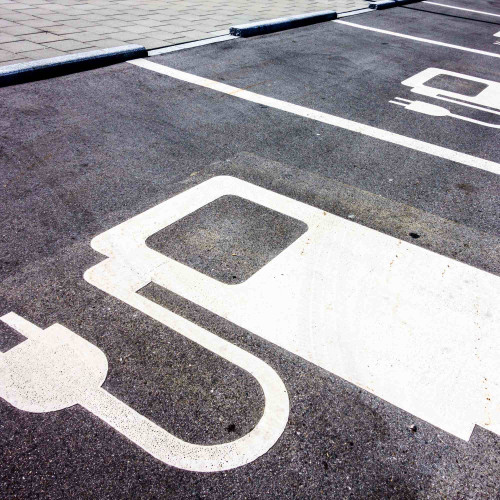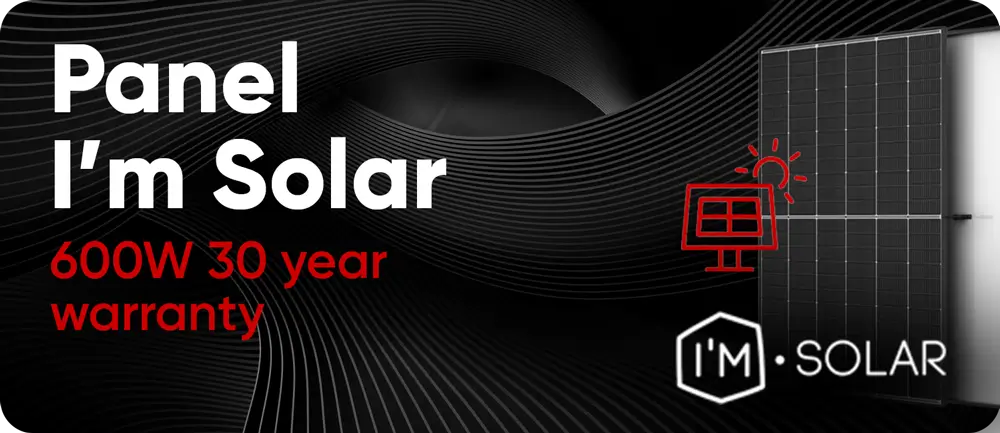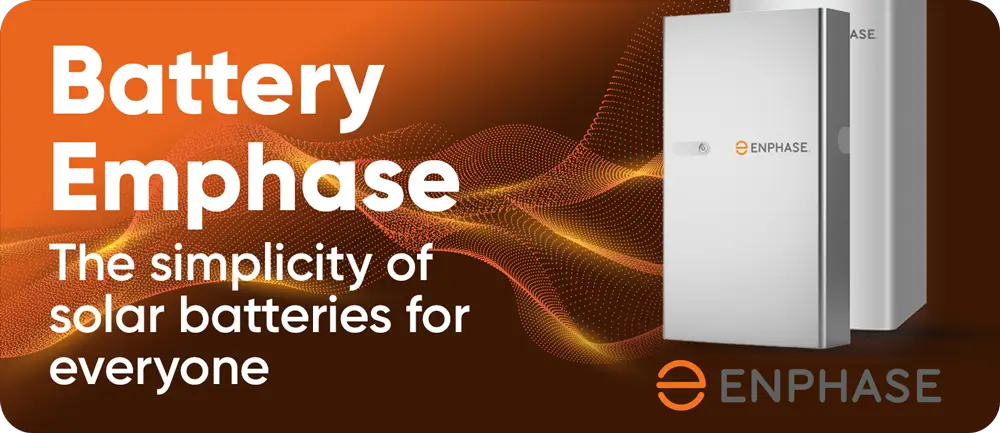- 16 Oct, 2017
- Solar Training , Myths & Facts , News

Electric vehicles are still struggling to convince citizens because important infrastructure is lacking and the cars are not autonomous enough. However, solar energy could be the solution to quite a few problems in e-mobility and help promote this technology further.
Media reporting often focusses on the weaknesses of electric vehicles even trough e-mobility is - financially speaking - already a quite attractive solution.
I. Produce "green" electricity on site rather than importing increasingly dirty oil from elsewhere
This is often the ultimate step for those who already own an electric vehicle: how to produce at a lower cost and if possible with a minimum environmental impact, the electricity needed to recharge the battery of an EV?
This question can also be asked on the scale of a territory of several hundred thousand inhabitants, or even by extending it a little further, to all of the UK for instance.
Let us take the example of the City of London: a waste, strongly urbanized territory, inside of which each year, several tens of millions of euros are lamentably wasted in fuel to make oil cars run at less than 15 km/h on average. Dozens of M€ that leave the country for the benefit of oil exporting countries and shareholders of multi-national oil and gas companies. M€ reinvested to continue extracting increasingly heavy, increasingly dirty oil, with an increasingly high environmental impact from wherever they come from...II. The solar revolution is coming soon!
In Germany, it has already begun. More precisely, under the impetus of Germany, it is becoming a reality all over the world. Starting of course with countries enjoying at least the same amount of sunshine as in southern Germany. France is obviously one of them.
But why talk about a photovoltaic revolution when some people still claim that the share of solar photovoltaics is condemned to remain marginal in national electricity production?
There are two reasons:
The first is that photovoltaic solar energy blends particularly well with the electric vehicle. Not to charge the batteries during the night, of course. But rather to recharge during the day, from the office, at home or via public charging stations, at times when the sun shines brightly.
The second is the cost of electricity produced by the most competitive photovoltaic plants currently in operation: less than €12/MWh, including future dismantling and return to grass (...). A price to be put in perspective with the one that will be invoiced to the consumer in the near future. In concrete terms, this means that the day the public authorities support self-consumption, solar photovoltaic electricity will theoretically be able to recharge the battery of your VEx at a lower price than the one charged tomorrow by your network operator!
Because even in the land of nuclear electricity, it is a reality that will inevitably end up happening. Probably much faster than some people think. For a simple reason: unlike all other existing electricity production systems, renewable or not, solar photovoltaic technology ranks higher in the electronics industry than in the conventional electricity industry. An industry whose evolution does not follow at all the same curves as that of the so-called "heavy" industry (Energy, construction, automotive, aeronautics, rail, etc...)III. And if we were truly, truly optimistic...
Imagine the radical changes to come when motorists become aware of the urgent need to really reduce their oil consumption by moving in a different direction. In a large number of cases, the first thing they will find out is that for very short trips made alone at the wheel, there is much more efficient than an empty 1.4-tonne car. They will then discover that for regular commuting, unless there are exceptional circumstances, there is often a possible alternative to solo carpooling: carpooling, ter, urban public transport, electric-assisted cycling, etc....
The same is true for occasional solo long-distance trips: between the train and carpooling, it is very rare today to have to use your own vehicle because you have to.
And then there's everything else. These many cases where the automobile should continue to be the fastest, most efficient and simplest solution in the long term. And sometimes even the cheapest. E-vehicles would play an increasingly major role then. Even more so when electricity can be produced locally and is synonymous with employment and local added value. The future of motorized individual mobility in the 21st century maybe?











